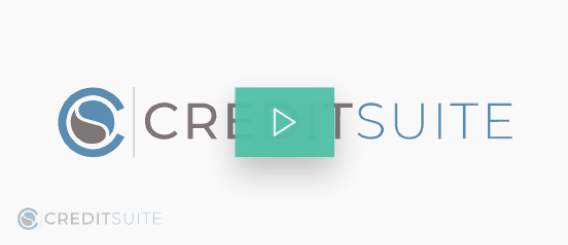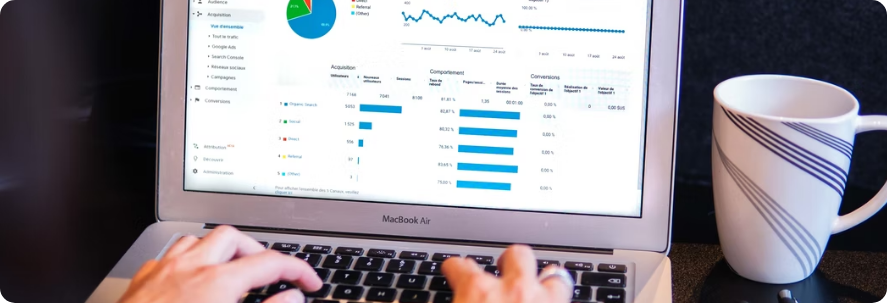Business Credit Builder Program by Credit Suite
Get Free Guide !
Grab Your Free 4-Step Business Credit Building Guide
Get Business Credit for Your EIN With The Business Credit Builder
To run and build your successful business, you need to qualify for loans and credit lines at the best loan rates possible. Business credit is essential to make this happen, and it helps you access money even when you can’t qualify for a loan.
The Credit Suite Business Credit Builder helps you build your business credit (without a personal guarantee or personal credit check) step by step using a proven, field tested, business owner-approved, and highly personalized process. By using our user friendly & intuitive software and the only full-service business credit adviser team in the industry, you’ll be guided every step of the way, simplifying your experience of obtaining business credit.
Credit Suite Helps You:
Set Up Your Business
Set up your business to meet lender and credit issuer Fundability™ standards to get automated approvals.
Set Up And Activate Your Current Profile
Set up and activate your credit profile with Dun & Bradstreet, Experian, and Equifax Commercial and get your free D-U-N-S number (which is essential to building great business credit).
Get Initial Trade Credit
Get initial trade credit to build your business credit reports with no personal guarantee.
Get Business Credit
Get business credit without a personal guarantee.

Credit Suite helps you get your business set up the right way to meet lender and credit issuer approval requirements, and get approved for initial business credit that reports and builds your profile with Dun & Bradstreet, Experian, and Equifax Commercial.Enter your text here...
You can also get critical information about how lenders and underwriters view your business profile with Bureau Insights™ a comprehensive analysis of your business so rare and special that we’re only permitted to offer it to Credit Suite clients.
Once you are set up with the business reporting agencies, we help you access multiple revolving credit with limits of $5,000 – $50,000!
Types of Credit We Help You Access:
At Credit Suite, we provide you the greatest access to real usable, no-personal-guarantee credit through our software, The Business Credit Builder. This gives you the money you need to run your business, expand, and to make your company more profitable and productive so that you have the money you need and the time to enjoy it.
Plus we offer an extensive partner program where you can get the ability to offer business credit and the finance suite to your customers!
Watch Business Credit Builder Walkthrough Video

Free Business Fundability Assessment
Get a no-cost Business Fundability Consultation. We'll pull your Dun & Bradstreet report during the consultation and review your business together
Credit Suite Benefits
Quickly Build Your Business Credit in 4 Steps
Build Business Fundability Foundation™

We help you understand and meet the secret, unpublished, underwriting requirements that lenders and credit issuers have, so you’ll know you can get approved before you even apply.
We assist you with filing for the best entity type to help eliminate your personal liability, setup your business address to meet credit issuer standards so you can get automated approvals, obtaining your business phone and toll-free number that meets lenders' 5 essential qualification requirements, and getting you listed with 411, saving you $400 annually.
We also assist you in setting up your email address, website, and ensuring you have the proper licenses and online listings that lenders and credit issuers look for, and avoiding restricted industry business names that will automatically get you red flagged and denied for credit and financing.
Credit Suite decodes credit issuer and lender approval requirements, so you’ll be able to get automated approvals when you apply for credit, instead of getting denied or facing an uphill battle with manual underwriting reviews. We do this by providing you these unique benefits in the first step of your business credit building process:
We make it easy for you to set up your business credibly so you can get the most amount of credit and financing for your business.
HEAR WHAT OUR CLIENTS HAVE TO SAY
We are passionate about helping our clients secure business credit and financing, and offering both as a service. Of course, we’re going to have great things to say about our company because we think what we do and how we do it is pretty awesome. What really matters is what our clients have to say, so click below to hear from some of our customers who we live to serve.
Brian Howard
PPC LLC
Marietta GA
"I feel like I have the upper hand. I can actually see what suppliers, trade vendors, and credit issuers see, which allows me
Stuart Baldwin
American Capital LLC
Elmira NY
We’re in a low cost area of upstate New York, you could say affordable area of upstate New York. We own a
Kamillah Elamin
MainStax Business Solutions
Minneapolis MN
I watched every single one of these videos and I googled him to death. A couple of different ways just tr
Stay In The Loop
Subscribe to our weekly newsletter that delivers the most actionable, tactical, and timely business financing tips you actually want and need for Free


